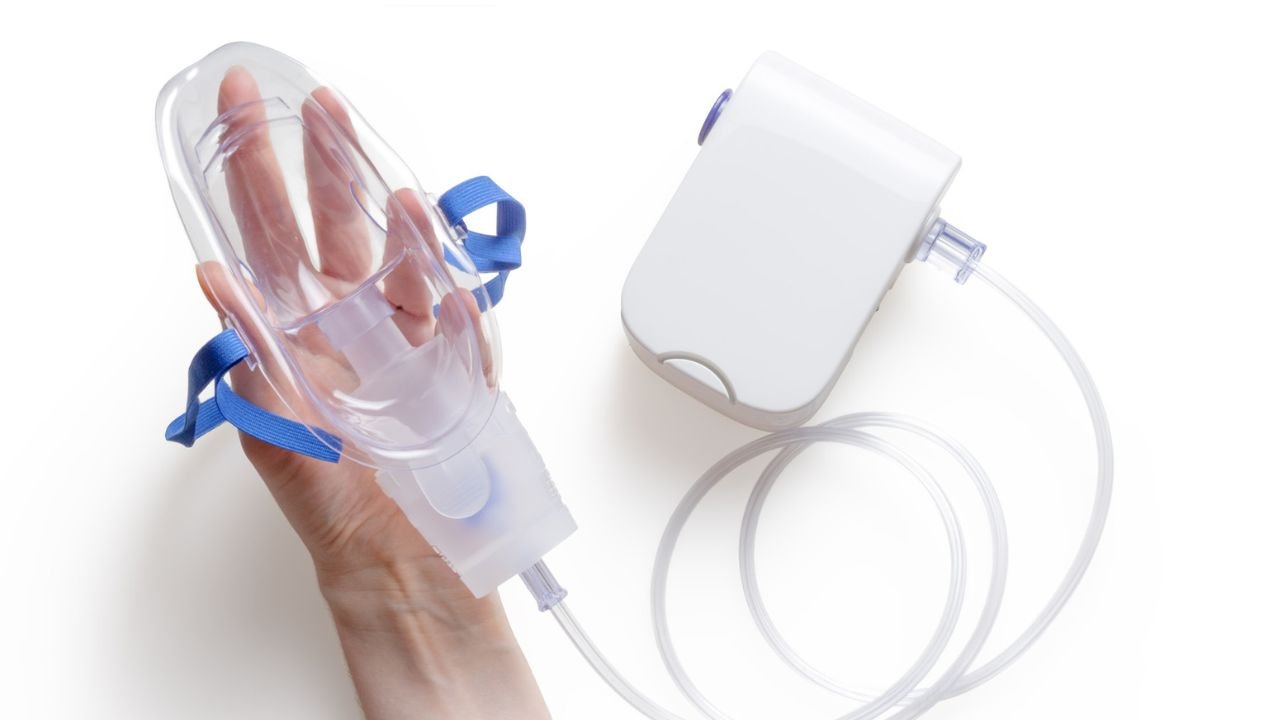Flinn, a Vienna-HQed medical device compliance startup founded by three former ex-employees from German neobank N26, has closed a €1.8 million pre-seed round.
The round was co-led by by venture capital fund Speedinvest and the Berlin-headquartered private equity firm SquareOne and backed by more than 10 unnamed business angels.
Whether they're virtual or physical, medical device products have to clear robust regulatory scrutiny before they can be sold to consumers.
Depending on the application, these exams create difficulties for medical developers; they cause significant friction, extended lead times and deeper workloads, adding to stress faced by innovating medical professionals.
The tightening up of the EU's compliance framework has compounded matters. In 2021, the EU completed the final roll out of its new Medical Device Regulation. The complexity is frustrating clinicians — some blame the new paper trails for the prospect of critical device shortages that could cost lives in emergency rooms.
Under the framework, all medicines with an integral device as well as "borderline" products, like herbal medicines and food supplements, must be re-assessed by the main European regulator - the European Medicines Agency.
In response, Flinn is working on a software-and-a-service platform that should make compliance submissions far more straightforward through the use of automation for a variety of repetitive form filling workflows. Each workflow would be orchestrated from a single platform, reducing the "complexity and cost" incurred by the new EU framework.
Andrea Zitna, partner for health investments at Speedinvest, said regulatory, quality and compliance procedures already suffered from a lack of transparency and automatability.
Zitna said: "With the introduction of the MDR in the EU, the (already high) cost and complexity, to companies to launch and manage medical products has skyrocketed. We are excited to back Flinn on their mission to change that!”
The new rules mean EU compliance surpasses its leading global competitors, like the US and China, in terms of sophistication, Flinn says. Previously, relatively unfettered market access had been granted to a number of food molecules, nootropics and other health aids.
As is often the case, more red tape has deep market ramifications. In this case, the effect could be a shift by medical product makers to the US market, due to that country's relatively light touch approach. Outcomes for European patients could suffer, though the EU would of course argue they'd be better protected. A possible worsening in the European innovation deficit, driven this time by med tech, could follow.
Flinn's initial product launch will focus on AI-enabled data collection, evaluation and reporting. The startup then plans to follow up with further software tools to create a "modular and integration friendly" medical compliance platform.
Flinn said: "While the regulation is meaningful around its purpose to ensure the highest safety standards, it heavily increases the complexity and costs for medical device manufacturers,"
"They are unable to hire qualified people to compensate addition efforts, so they're forced to cut highly relevant but less profitable niche products, like pacemakers for kids, and pull back from less profitable markets s— challenging in particular medical care in developing countries."



Would you like to write the first comment?
Login to post comments